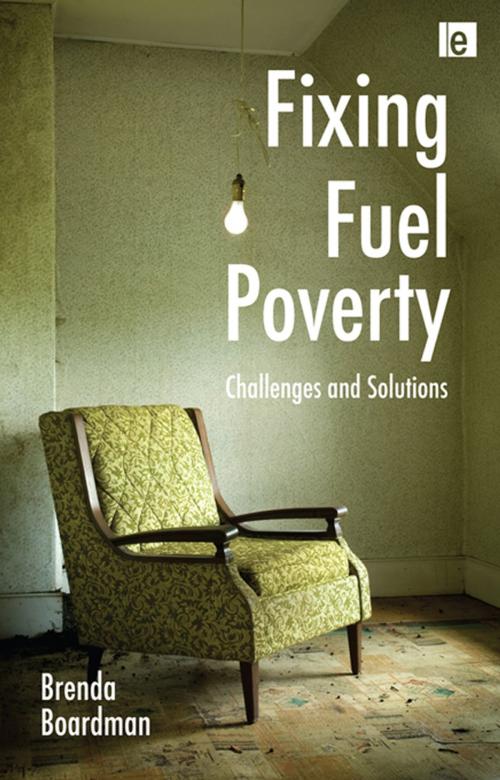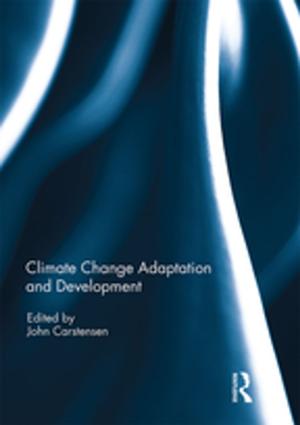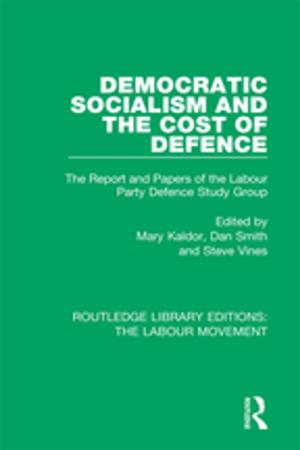Fixing Fuel Poverty
Challenges and Solutions
Nonfiction, Social & Cultural Studies, Social Science, Sociology| Author: | Brenda Boardman | ISBN: | 9781136545726 |
| Publisher: | Taylor and Francis | Publication: | May 13, 2013 |
| Imprint: | Routledge | Language: | English |
| Author: | Brenda Boardman |
| ISBN: | 9781136545726 |
| Publisher: | Taylor and Francis |
| Publication: | May 13, 2013 |
| Imprint: | Routledge |
| Language: | English |
Since its publication in the early 90s, Brenda Boardman's Fuel Poverty has been the reference text for those wishing to learn about this complex subject. In this, its successor, she turns a critical eye to the new millennium and finds that the situation, while now more widely recognised, is far from having improved. The book begins by discussing the political awakening to the issue and exploring just who constitutes the fuel poor. It examines the factors that contribute to fuel poverty - low incomes, high fuel prices and poor quality housing - and looks at and evaluates the policies that have been employed to help reduce the problem. The latter part presents a detailed set of proposals based around long-term improvements in the housing stock that must be employed if we are to avoid a dire situation continuing to get worse. Based on detailed analysis of the situation in the UK, the growth of fuel poverty (sometimes called energy poverty) in other countries and the new focus in European policy makes the book timely and provides important lessons for those who now have to produce policies to tackle the issues.
Since its publication in the early 90s, Brenda Boardman's Fuel Poverty has been the reference text for those wishing to learn about this complex subject. In this, its successor, she turns a critical eye to the new millennium and finds that the situation, while now more widely recognised, is far from having improved. The book begins by discussing the political awakening to the issue and exploring just who constitutes the fuel poor. It examines the factors that contribute to fuel poverty - low incomes, high fuel prices and poor quality housing - and looks at and evaluates the policies that have been employed to help reduce the problem. The latter part presents a detailed set of proposals based around long-term improvements in the housing stock that must be employed if we are to avoid a dire situation continuing to get worse. Based on detailed analysis of the situation in the UK, the growth of fuel poverty (sometimes called energy poverty) in other countries and the new focus in European policy makes the book timely and provides important lessons for those who now have to produce policies to tackle the issues.















